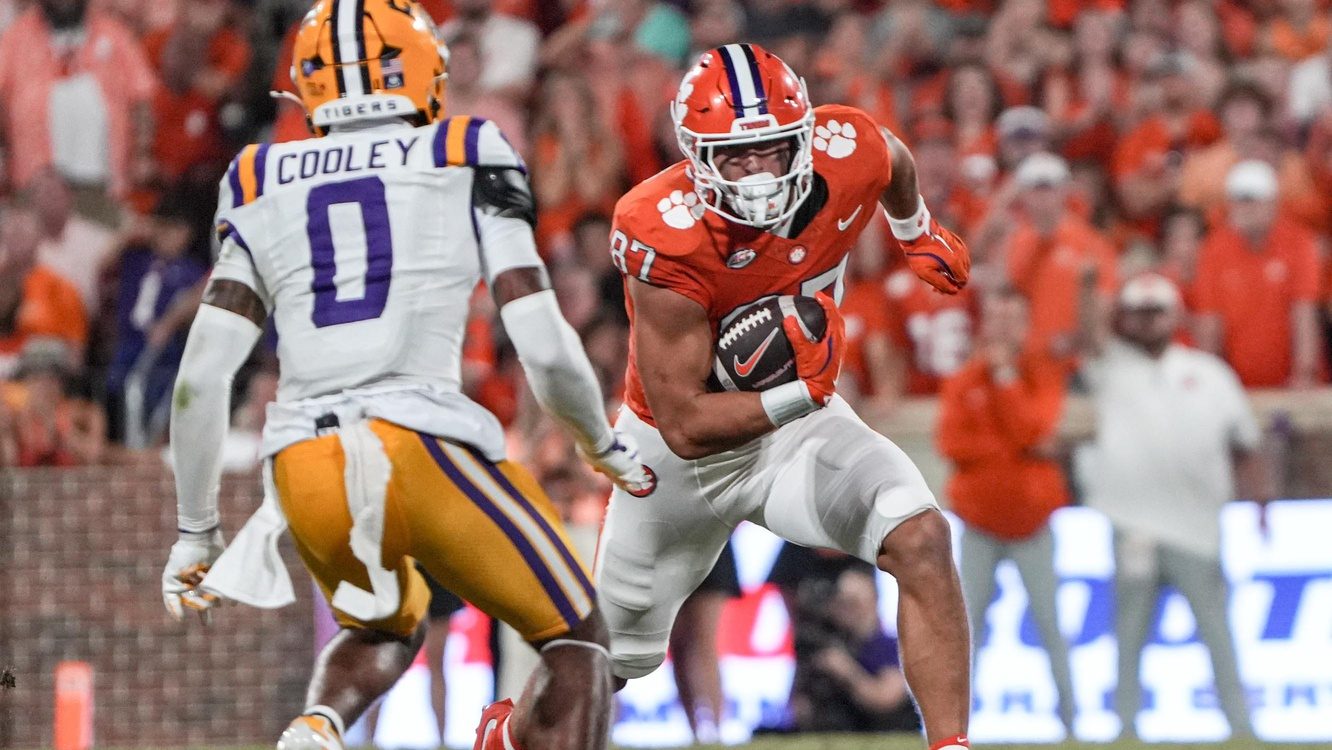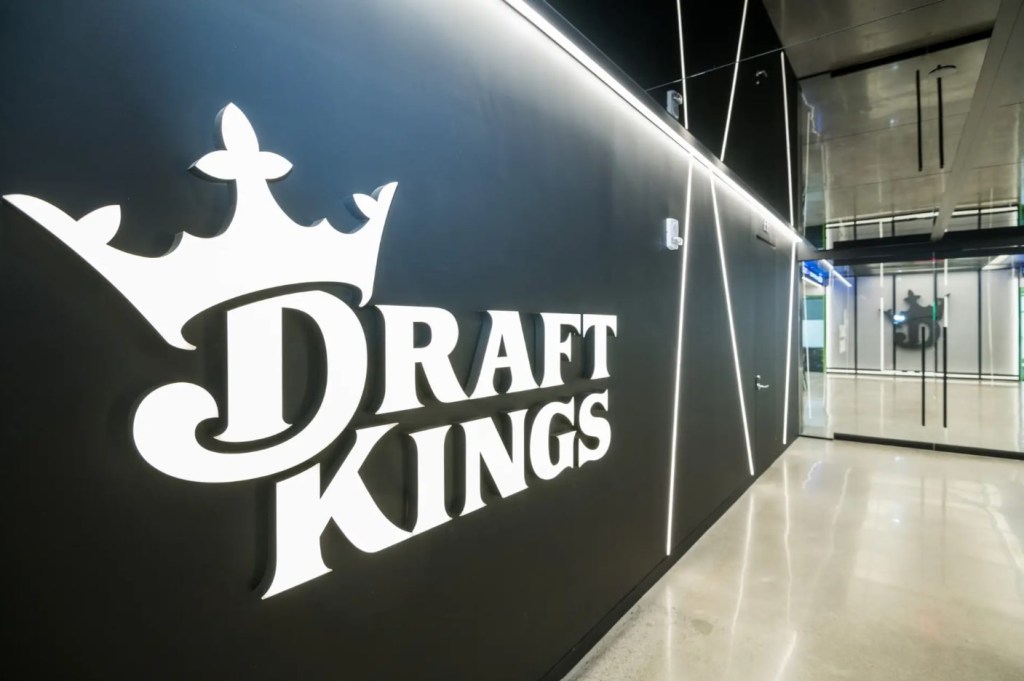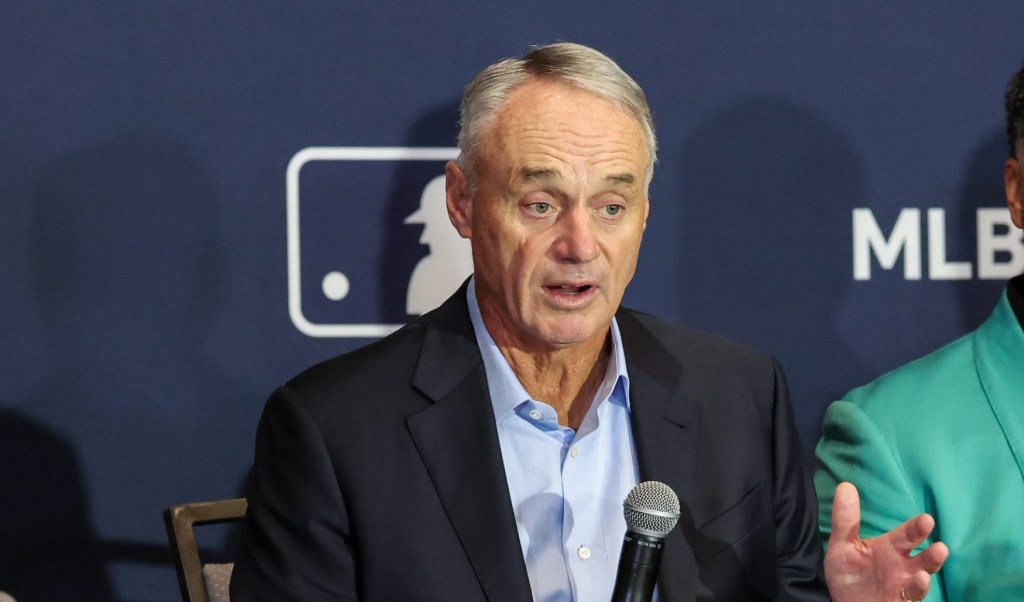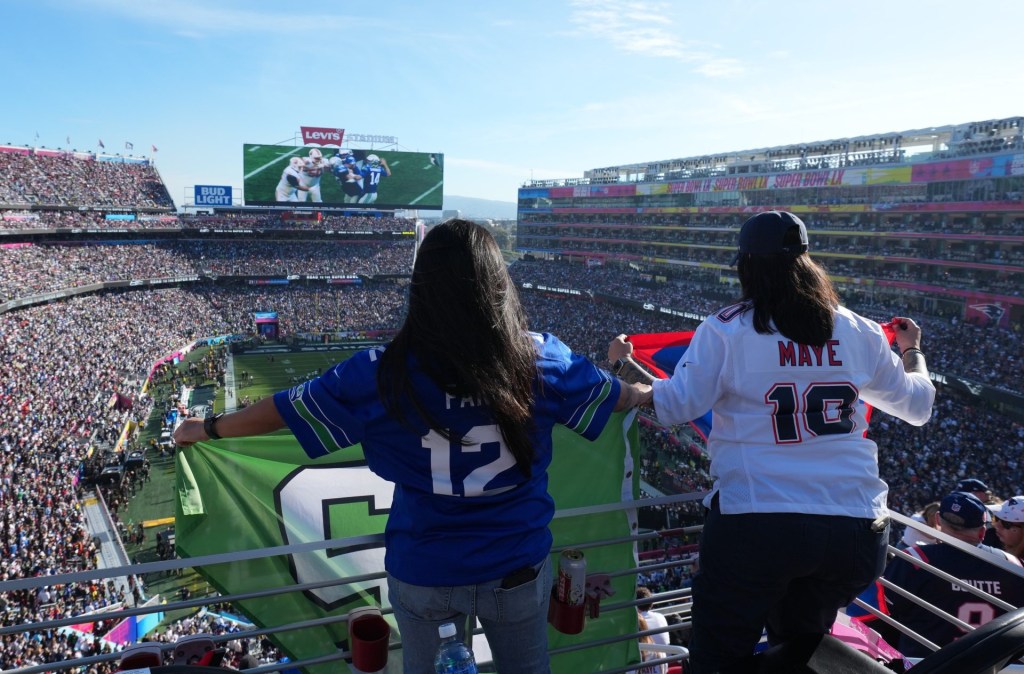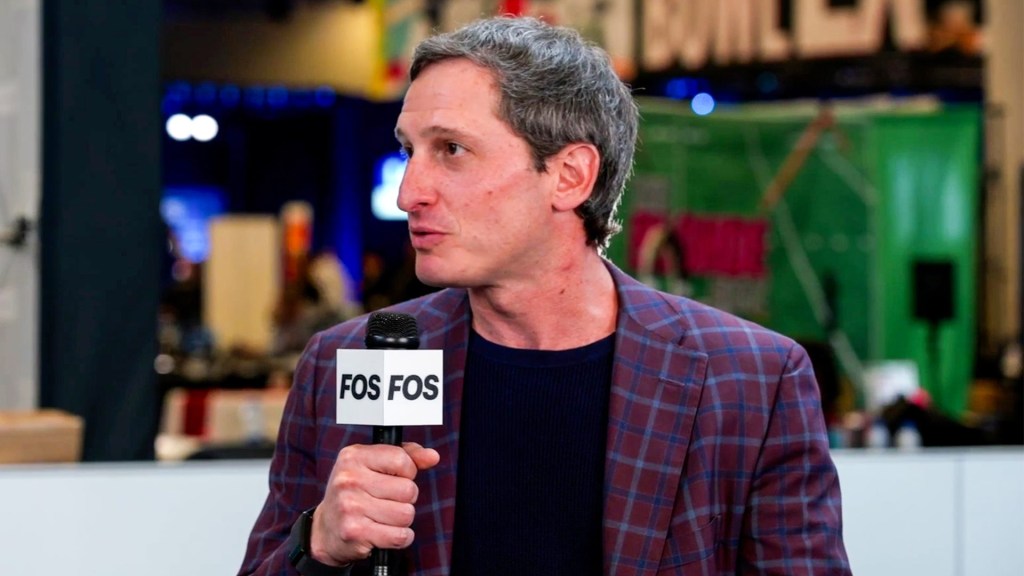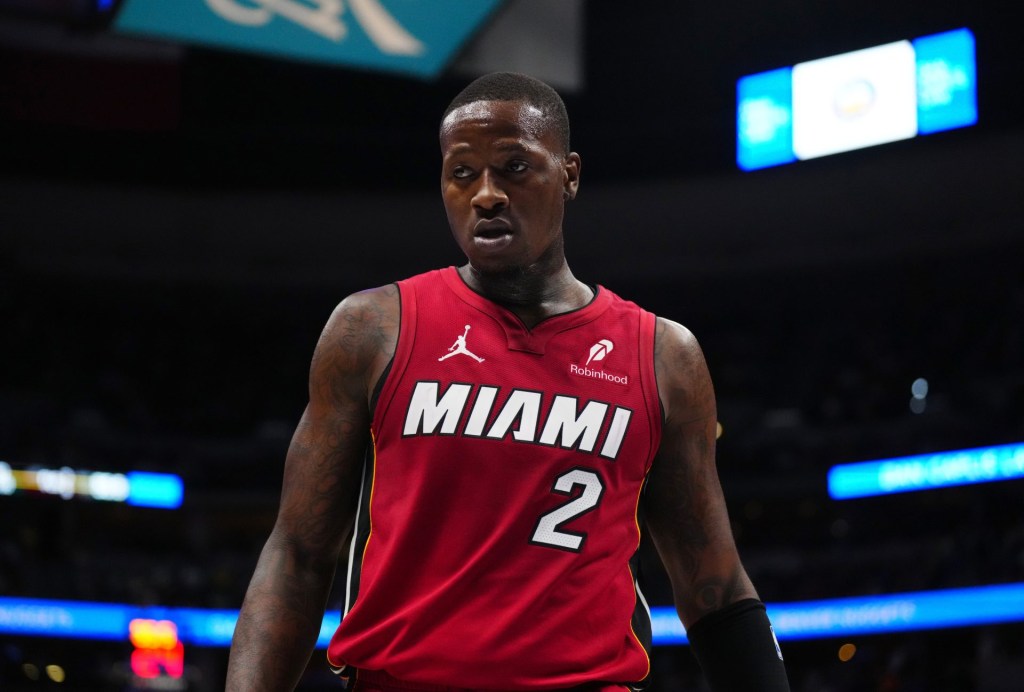Underdog Sports is getting into prediction markets through a deal with Crypto.com that will see sports event contracts offered in 16 states, with a focus on states where traditional sports betting is still illegal.
Under the agreement, Underdog users in those states will be able to “trade” on event contracts across the NFL, NBA, MLB, college football, and more, according to a statement.
An Underdog spokesperson tells Front Office Sports the prediction markets are available as of Tuesday in the following 16 states: Alabama, Alaska, Arkansas, California, Georgia, Minnesota, Nebraska, New Mexico, North Dakota, Oklahoma, Rhode Island, South Carolina, South Dakota, Texas, Utah, and Wisconsin.
Of those, seven states—Arkansas, Nebraska, New Mexico, North Dakota, Rhode Island, South Dakota, and Wisconsin—already allow some form of sports betting. The other nine still ban it entirely. In total, there are 11 states where sports betting is still completely illegal.
The contracts will be powered by Underdog’s technology, and will be available legally because of Crypto.com’s derivatives trading arm, CDNA, which is registered with the Commodity Futures Trading Commission. The markets being offered are already available through Crypto.com; the agreement with Underdog gets those markets in front of the Underdog user base. On Crypto.com, users can trade on sports event contracts in all 50 states.
Rob Schwartz, a former general counsel at the CFTC who now works at law firm Morgan Lewis, posted on X that it’s “great for Underdog that it is first out of the gate among sports companies, albeit in a tech-provider capacity.”
Jeremy Levine, founder and CEO of Underdog, said in Tuesday’s statement that “prediction markets are one of the most exciting developments we’ve seen in a long time.”
“While still new and evolving, one thing is clear – the future of prediction markets is going to be about sports – and no one does sports better than Underdog,” he said.
Levine’s remark about the future of prediction markets being “about sports” is notable because the rise of sports event contracts has come with controversy that is specifically tied to the sports aspect. Opponents say sports event contracts are sports betting in disguise, while prediction market operators say there is a significant difference, because their customers are wagering against one another as opposed to the house.
Kalshi, another prediction market platform registered with the CFTC, has faced an avalanche of pushback to its sports offerings since they launched earlier this year, including cease-and-desists from at least seven state regulators. In turn, the company has sued regulators in three of those states—New Jersey, Nevada, and Maryland.
Polymarket is another prediction markets platform that is preparing to reenter the U.S. after being prohibited from operating in the country since 2022 as part of a settlement with the Biden Administration.
Both Kalshi and Polymarket have support from the president’s son, Donald Trump Jr. He has been a strategic advisor to Kalshi since January, and last week he joined the Polymarket advisory board as part of an investment into the company from his venture capital firm, 1789 Capital.
The major sports leagues and traditional sportsbooks are very much aware of the growth in prediction markets. The NFL recently said it has the same integrity and compliance concerns about prediction markets as it does traditional sports betting. FanDuel recently announced a deal with derivatives exchange CME Group to enter prediction markets, although sports will not be part of the offerings, at least to start.
Underdog is most known for its daily fantasy sports offerings, although it also has a traditional sports betting arm. The company is a licensed sports betting operator in North Carolina only for the time being; it has plans to expand in Missouri, where sports betting is now legal but there are not yet any licensed sports books.
